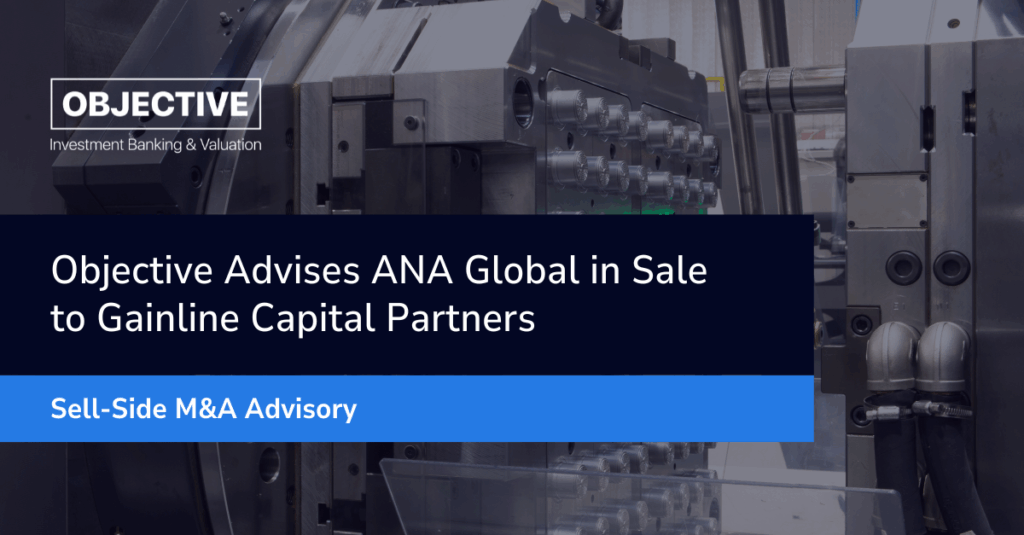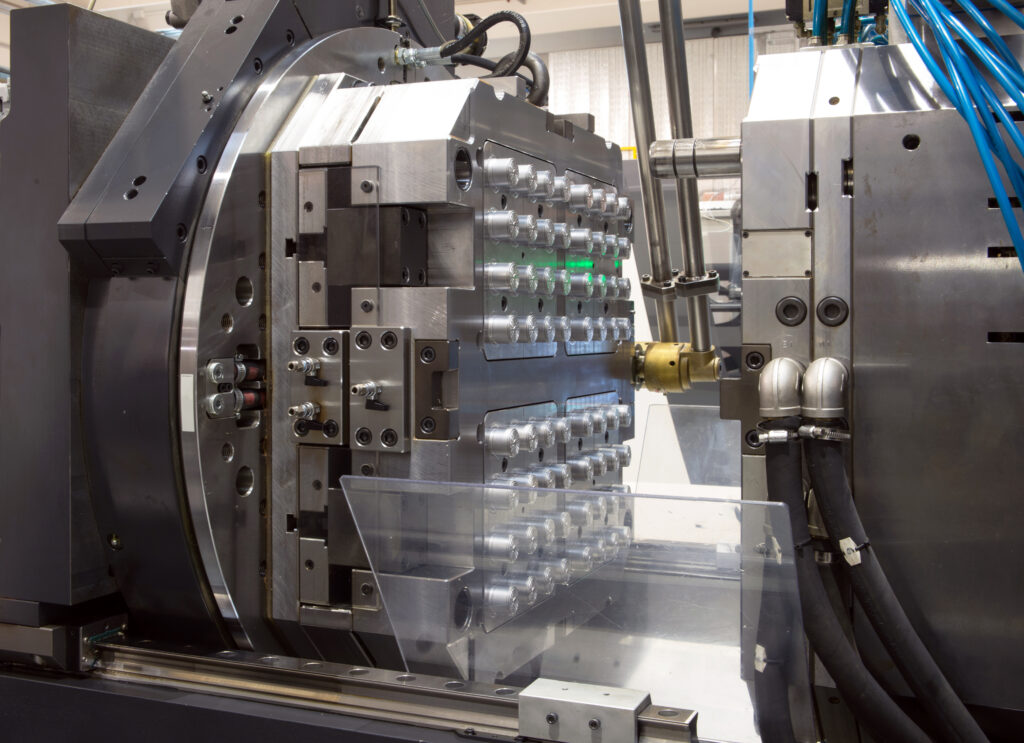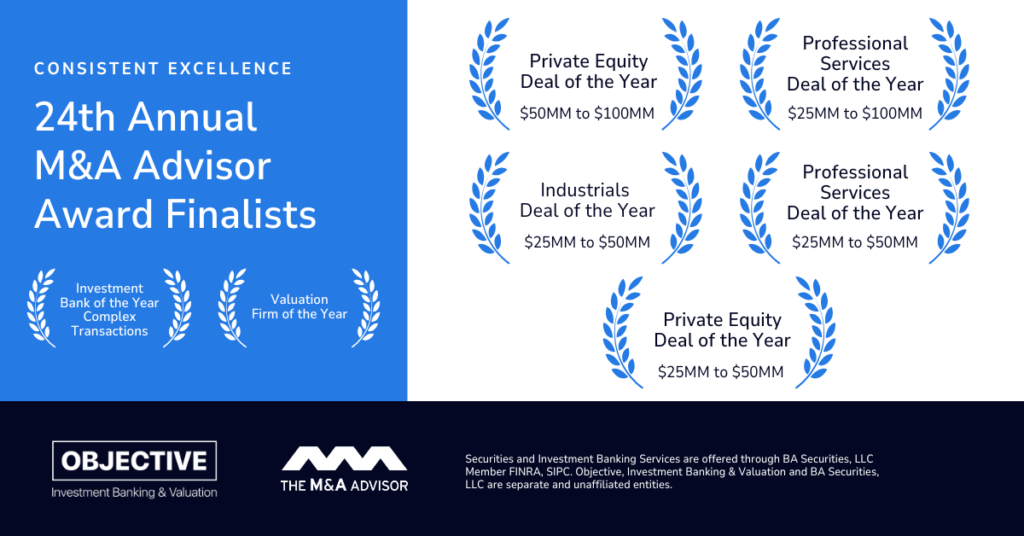PropTech and ConTech stand out as hotbeds of innovation in today’s rapidly evolving business landscape, and private equity firms have taken notice. Vertical SaaS companies in these sectors offer specialized, scalable software solutions that are transforming real estate and construction operations, making them prime targets for acquisition.
Within the last year, PE and strategic buyers have driven major deals:
-
Rocket Companies’ $1.75B acquisition of Redfin and $9.4B deal for Mr. Cooper, repositioning Rocket as a vertically integrated real estate tech giant.
-
TPG’s $1.1B buyout of Sabre Hospitality Solutions, expanding into hospitality property technology.
-
Maymont Home’s $1B acquisition of Divvy, showing investor appetite for rent-to-own fintech models.
-
Sumeru Equity Partners’ $330M majority investment in JobNimbus, a roofing operations SaaS platform.
-
Procore’s acquisitions of Novorender and FlyPaper, bolstering its BIM and construction ops software suite.
Critical Value Drivers for Founders Preparing to Sell
If you’re a founder eyeing an exit in the next 6–12 months, your priority isn’t more theory, it’s clarity on the levers that will move your deal forward. In today’s market, the strategic acquirers and PE firms paying premium multiples are zeroing in on very specific signals:
- How your recurring revenue profile stacks up against peers
- Whether your customer base is diversified enough to withstand churn
- If your product roadmap aligns with a buyer’s growth thesis
These factors don’t just influence valuation, they can reshape the entire deal structure in your favor.
Private Equity’s Demand for Vertical SaaS in Real Estate Tech
Private equity groups are not just “active” in Vertical SaaS for PropTech and ConTech, they are deliberately concentrating capital there because the right targets accelerate portfolio synergies and expand addressable markets. By understanding exactly what those buyers are solving for and how they approach diligence, founders can position themselves as the obvious choice. In the following sections, we’ll translate market data, deal metrics, and real-world transaction outcomes into a clear blueprint for increasing buyer competition and driving both price and terms in your direction.
Private Equity’s Demand for Vertical SaaS in PropTech & ConTech
Private equity (PE) is laser-focused on vertical SaaS in PropTech and ConTech for one reason: predictable, high-margin, recurring revenue. Top-tier companies achieve net revenue retention (NRR) north of 120% and gross margins exceeding 70%. Many operate in fragmented markets, offering roll-up opportunities that appeal to PE’s scalability mandate.
Deal Example: Blackstone invested $200M into Entrata, for a minority stake, valuing the company around $4.3B, underscoring how premium valuations are tied to scale and defensibility. This is a clear indicator of how PE attaches premium valuations to vertical SaaS models that dominate a niche but can expand horizontally.
Real Estate Tech Macro Trends, Timing & Leverage
PE capital targets SaaS companies when interest rates dip, making leveraged buyouts more attractive. The trend is visible across:
-
Carlyle’s $9B real estate fundraise in August 2025, aimed at multifamily, industrial, and self-storage assets, with PropTech integration as a value lever.
-
Lula’s $28 million Series A equity raise in February 2025, backing its landlord services automation platform highlighting investor appetite for tech that streamlines property management workflows.
SaaS Business Focus Areas That Drive Premium Deals
- TAM Expansion through Niche Leadership: Dominate your segment, then broaden (horizontal or vertical) to unlock growth and buyer appeal.
- Sticky Workflows & Integration: Platforms that embed into workflows (e.g., integration with analytics or data tools) create retention and defensibility.
- Robust Metrics Portfolio: Investors look deeper than ARR; MRR consistency, CAC, churn, and scalability matter.
- Valuation Lens: Expect EV/Revenue multiples, especially when growth trumps profitability. But savvy sellers also introduce DCF, comps, and forward-looking NRR growth to justify stretch multiples.
- Rule of 40 & Financial Efficiency: Growth rate + margin > 40% signals balanced model. High margins and efficient CAC amplify exit valuation.
The Sale Process: Your Path to a High-Value Outcome
A disciplined, well-orchestrated M&A process is the single biggest lever a SaaS founder can pull to maximize exit value, especially in the competitive real estate tech arena. The right strategy doesn’t just improve odds; it can add multiple turns to your valuation, expand buyer interest, and secure terms that protect both your upside and your legacy. Here’s how it works:
- Expert M&A Advisor + Deal Team: Unlock access to the right buyer network, refine positioning, and negotiate from a position of strength.
- Confidential Parallel Buyer Tracks: Run multiple qualified acquirers in parallel, confidentially, to protect daily operations while creating competitive tension. Our process manages disclosures tightly so business performance stays uninterrupted.
- Optionality in Deal Structure: We evaluate every structure, cash, earnout, rollover equity, to give founders maximum flexibility in balancing immediate liquidity with long-term upside.
- Diligence Readiness: Maintain an audit-ready model, data room, and CIM. This minimizes friction, accelerates timelines, and reinforces buyer confidence.
A Great M&A Advisor Knows Your Exit Is Also Personal
Your exit isn’t just financial. It’s about de-risking personally while capturing upside. Structuring as partial exit + earnout lets you benefit materially while freeing you to innovate again on your terms.
Frequently Asked Questions (FAQs)
- What are current valuation multiples for vertical SaaS in PropTech & ConTech?
Most transactions close between 4x–8x ARR, with premium deals showing strong growth, low churn, and clear competitive moat.
- How long does an M&A process take?
From advisor engagement to signed LOI: ~4–6 months. Add 2–3 months post-LOI for diligence and close with a buyer.
- What are key deal terms I should be aware of?
Beyond headline price: earnouts, equity rollover, working capital targets, reps & warranties, indemnification caps.
- Do I need a banker if I already have buyer interest?
Yes. One inbound buyer may not represent best terms. A structured process leads to better price and optionality.
- How do PE firms evaluate SaaS quality?
Buyers assess gross margin, NRR, churn, TAM, and product differentiation.
- What are common diligence requests?
Expect requests for:
- Customer-level ARR and churn data
- CAC/LTV analysis
- IP ownership and patent disclosures
- Financial projections and assumptions
Conclusion: You’re Not Early, You’re Right on Time
If you’re reading this because you’re actively planning to sell, you’re not alone. Private equity is highly active in vertical SaaS, and PropTech and ConTech are top targets. What matters most now is:
- Your positioning
- Process execution
- Buyer dynamics
A high-quality M&A outcome doesn’t happen by luck, it’s designed. Start with the right data, and the right advisor, get in touch with our Technology Team here.
About The Author

Thomas Lin specializes in sell-side M&A advisory for founder-led, growth-stage SaaS and Technology businesses. With expertise in the LegalTech, GRC, Field Service Management, and PropTech sectors, Mr. Lin is skilled in guiding complex transactions for technology-driven companies. Before joining Objective, Mr. Lin spent nearly nine years at Vista Point Advisors, rising to Principal and closing 12+ transactions worth over $1.1 billion, including the $100M+ sale of FormSwift to Dropbox and the majority recapitalization of TravelNet Solutions by Blue Star Innovation Partners. Mr. Lin earned his Bachelor of Business Administration from UC Berkeley’s Haas School of Business and is a FINRA-registered securities representative.
Disclosure
This news release is for informational purposes only and does not constitute an offer, invitation or recommendation to buy, sell, subscribe for or issue any securities. While the information provided herein is believed to be accurate and reliable, Objective Capital Partners and BA Securities, LLC make no representations or warranties, expressed or implied, as to the accuracy or completeness of such information. All information contained herein is preliminary, limited and subject to completion, correction or amendment. It should not be construed as investment, legal, or tax advice and may not be reproduced or distributed to any person. Securities and investment banking services are offered through BA Securities, LLC Member FINRA, SIPC. Principals of Objective Capital are Registered Representatives of BA Securities. Objective Capital Partners and BA Securities are separate and unaffiliated entities.







